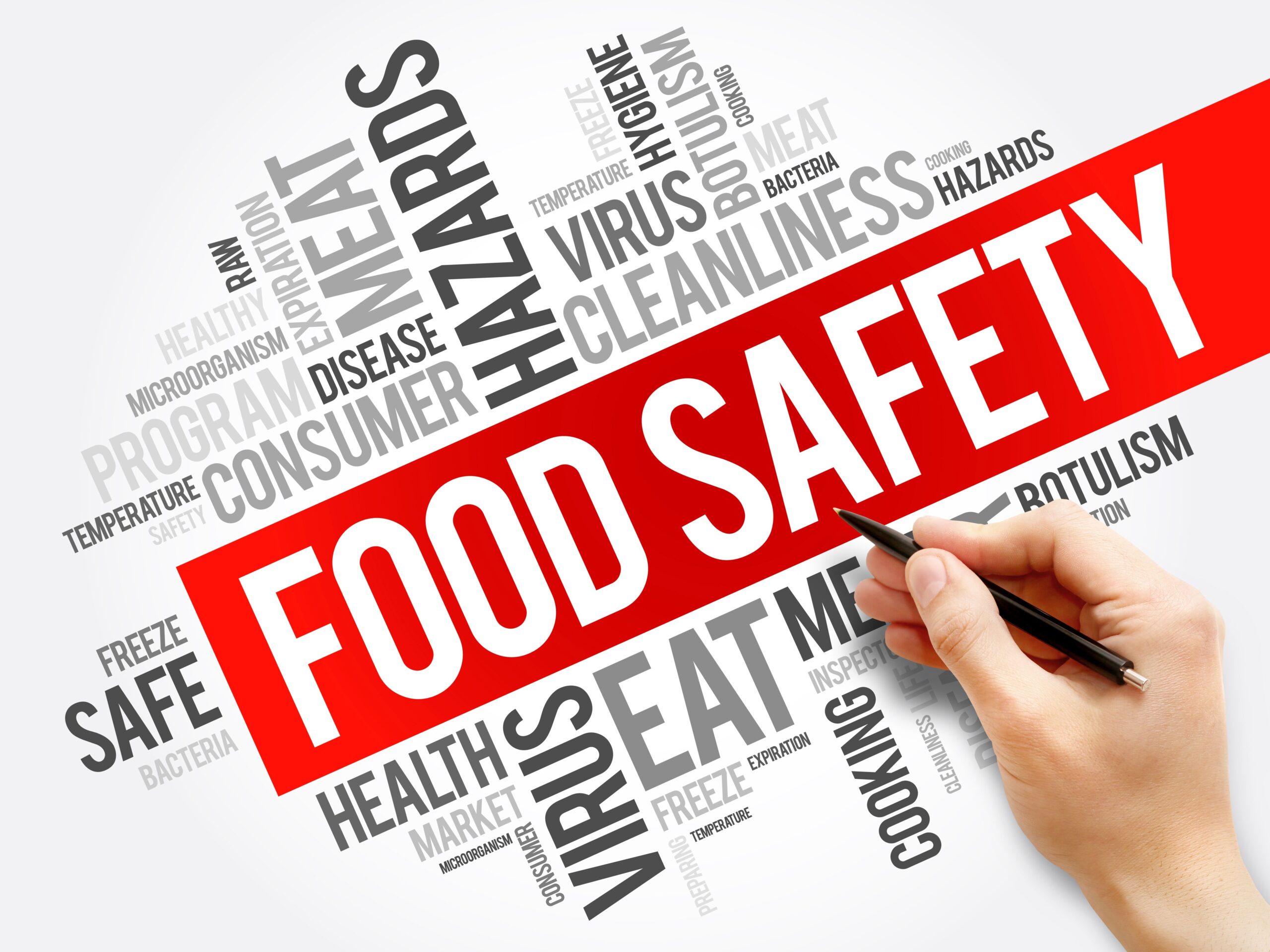Food safety should be every restaurant owner and manager’s top priority. And while organizations like the National Restaurant Association have food safety certification courses like ServSafe, relatively few owners have the time or resources to go through the accreditation process.
But you need to ensure your food is properly prepared and stored, certification or not. So we’ve put together a few critical food safety resource materials to get you and your staff up to speed:
Foodsafety.gov Cooking Temperature Chart
Want to guarantee that your restaurant’s food is thoroughly cooked? This temperature reference chart from foodsafety.gov lists the ideal cooking temperatures for various types of meats and proteins–as well as their rest periods–to ensure safe preparation. Print it out and post it on a wall for easy reference!
FDA Food Allergy FAQ
Food allergies can be hard to understand if you don’t already have experience with them. It’s impossible for restaurant staff to tell if a customer has a food allergy unless they tell you–or they react to your food. Reactions range can range anywhere from mild discomfort to life-threatening.
Read the FDA’s food allergy webpage to learn the basics of how food allergies work and how they could potentially impact your diners. Minimize the risk of accidental exposure by adequately labeling your food (on both the menu and on takeaway packaging).
There’s An App For That
Are you training new staff on proper food storage? Foodsafety.gov has a downloadable food safety app that breaks food down into categories and explains the proper storage procedures for each. Give this to your employees so they can both study it on their own time and have a handy reference while on the job.
FSIS Recall Alerts
The USDA’s Food Safety and Inspection Service are one of your best allies in controlling the quality of your restaurant’s stock. They regularly inspect and conduct recalls of produce and meat products that may pose a risk to consumer health.
Make it a point to regularly browse the current list of FSIS recalls to see if your suppliers or their associated brands are listed. Don’t rely on your supplier to voluntarily inform you about recalls, because they probably won’t.
Reporting An Incident
Always take the lead in reporting any foodborne illness incidents that occur in your restaurant. Not only is it the responsible thing to do, but your proactivity will be taken into consideration when the government investigates.
Report incidents to your local government first before contacting federal authorities. The foodsafety.gov site has a directory of state government websites for easy access.
Want other similar learning resources? Browse through the foodsafety.gov and CDC websites for more references and training materials.
